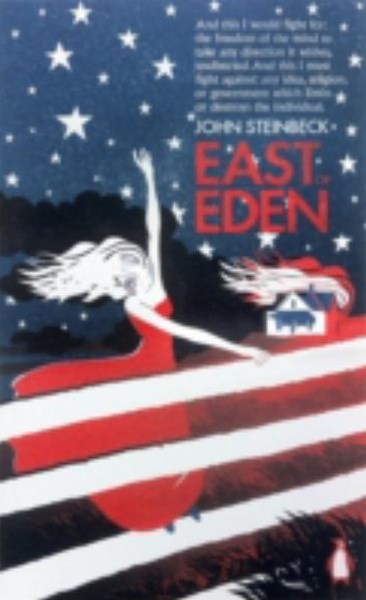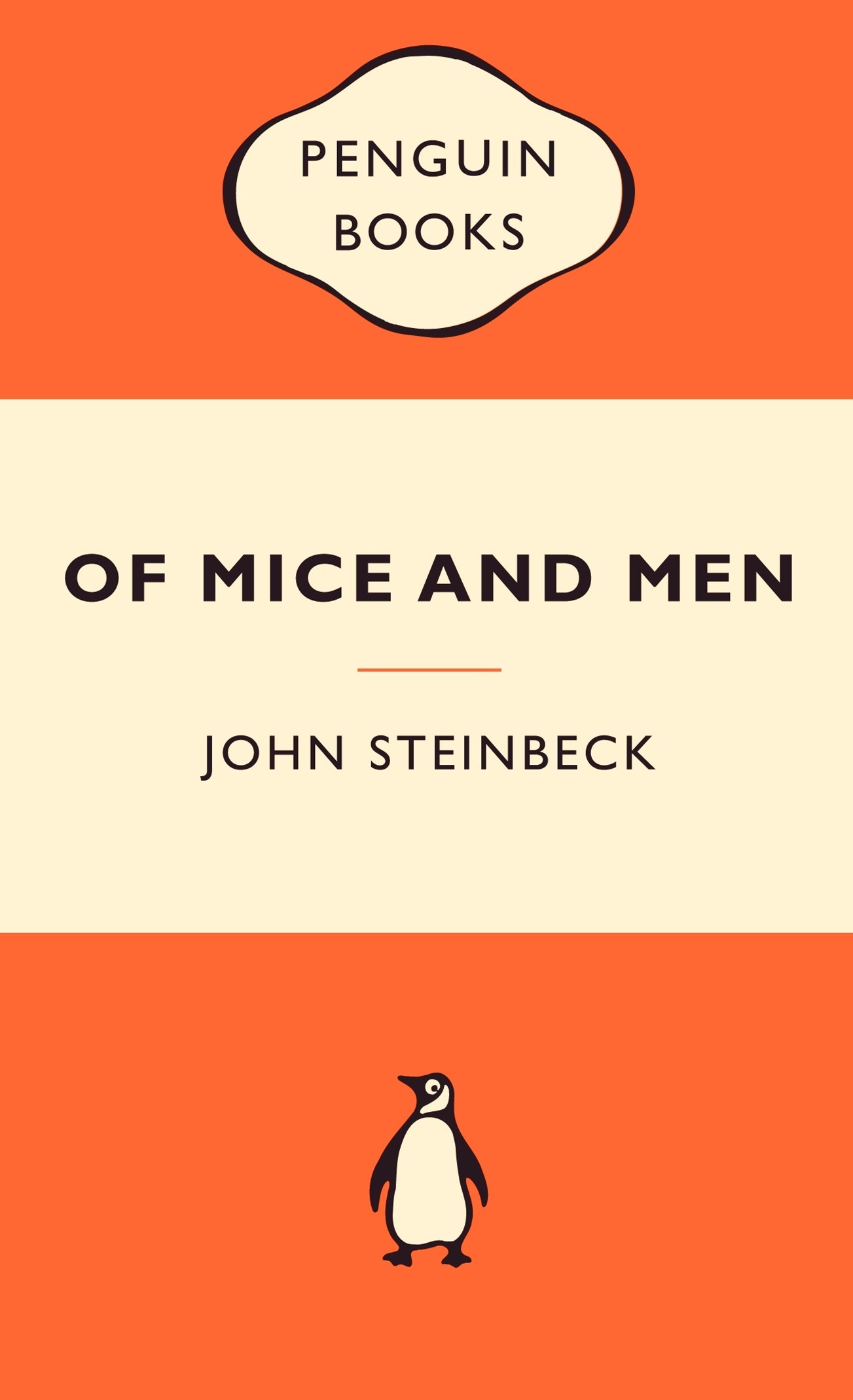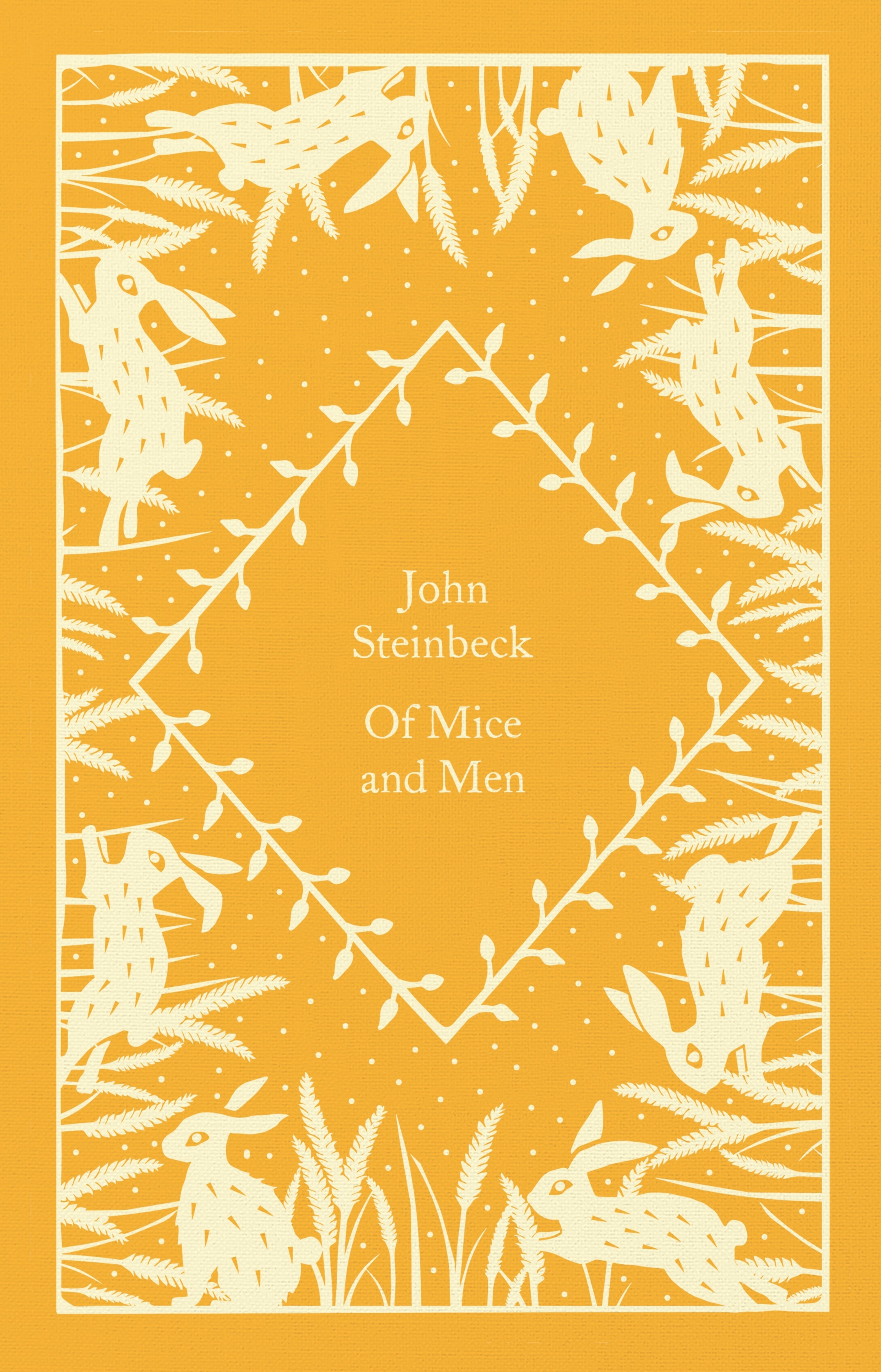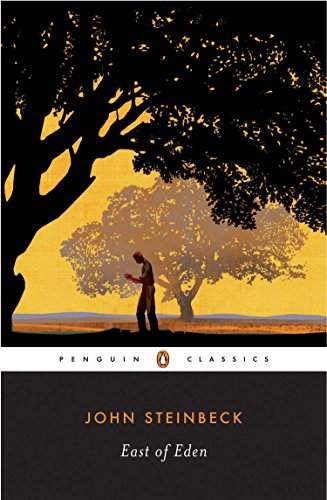Be the first to comment on this book.
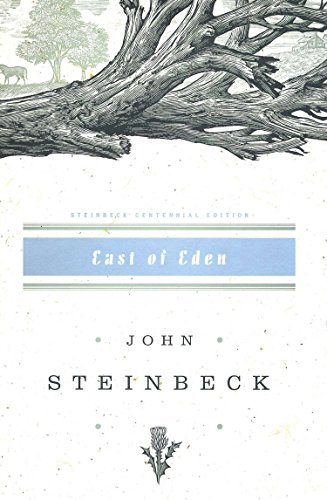
East of Eden by John Steinbeck
This sprawling and often brutal novel, set in the rich farmlands of California’s Salinas Valley, follows the intertwined destinies of two families - the Trasks and the Hamiltons - whose generations helplessly reenact the fall of Adam and Eve and the poisonous rivalry of Cain and Abel.
